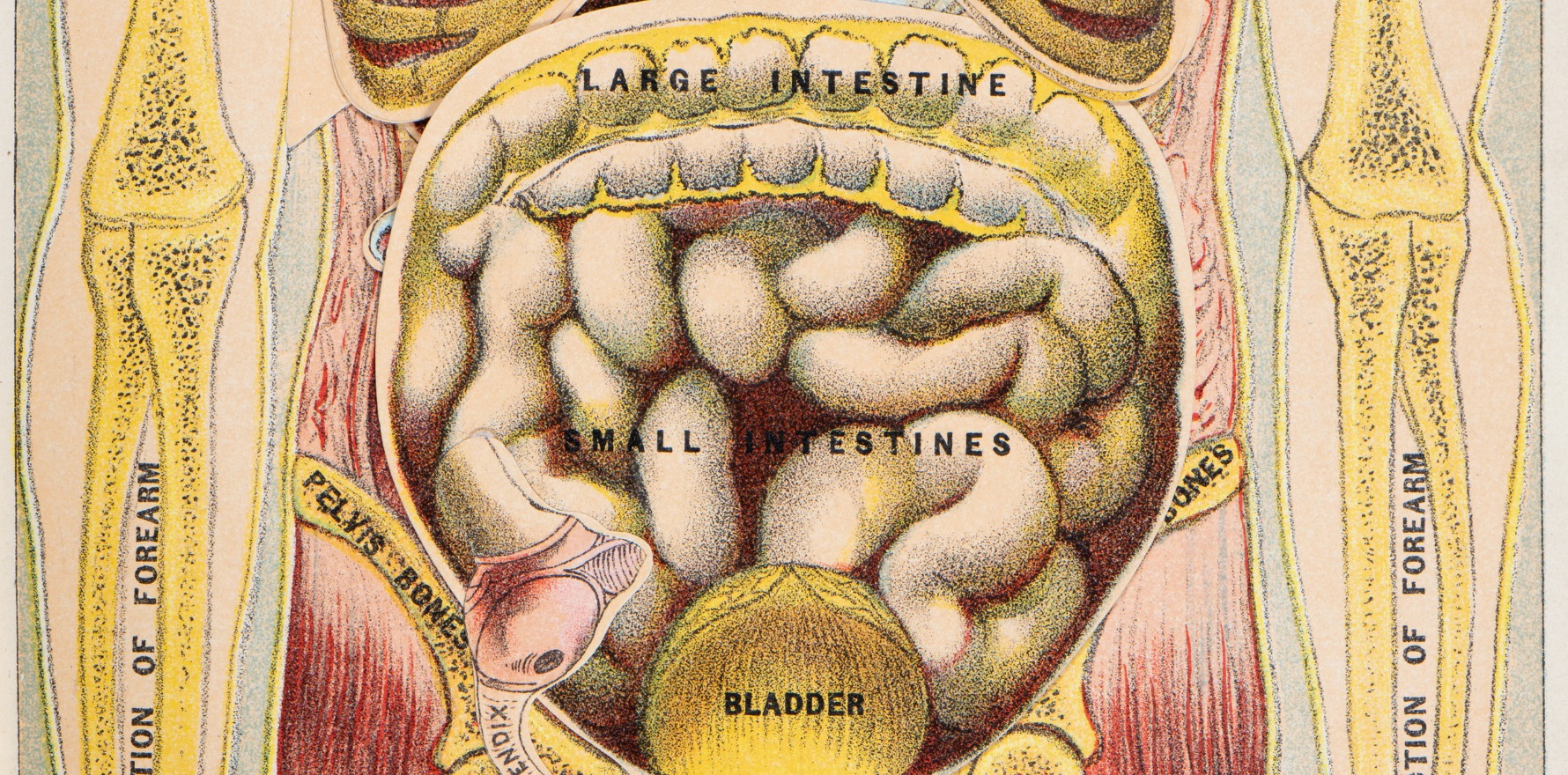A personalised elimination diet, guided by IgG, reduced abdominal pain over a two-month study.
More than half of patients with irritable bowel syndrome had a drop in abdominal pain if they followed an IgG-guided elimination diet, which was significantly better than those in the sham treatment.
The researchers randomly assigned more than 200 IBS patients across eight US centres to receive either the experimental antibody-guided diet or a sham diet for two months.
Participants were all positive for at least one food on an IgG assay and had daily abdominal pain that scored between 3 and 7.5 out of 11 on average in the fortnight leading up to the study.
They found that 60% of those in the experimental diet group achieved the primary outcome of at least a 30% reduction in pain intensity for at least two of the last four weeks of treatment, compared to 42% in the sham diet group.
Patients with constipation-predominant IBS seemed to be better suited to the intervention. In the experimental diet group, 67% reached the primary endpoint compared to 36% of the control group.
Of those who had IBS with mixed bowel habits, 66% reached the primary endpoint compared with 30% of the sham group.
“This highlights the potential effectiveness of a personalised elimination diet based on a novel IBS-specific IgG assay. A larger study is warranted to validate these observations,” the authors wrote in Gastroenterology.
“Mechanisms of how immunoglobulin G-antibody response to food antigen generates symptoms in irritable bowel syndrome are not well understood. Delineating this might provide new insights into food- related irritable bowel syndrome pathophysiology.”
The researchers also found that abdominal pain intensity, bloating and IBS symptom severity were numerically improved in those on the experimental diet.
But they noted that the study was not powered for subgroup analysis, and said they were aiming to conduct a bigger phase 3 trial focusing on participants with mixed and constipation-predominant IBS.


